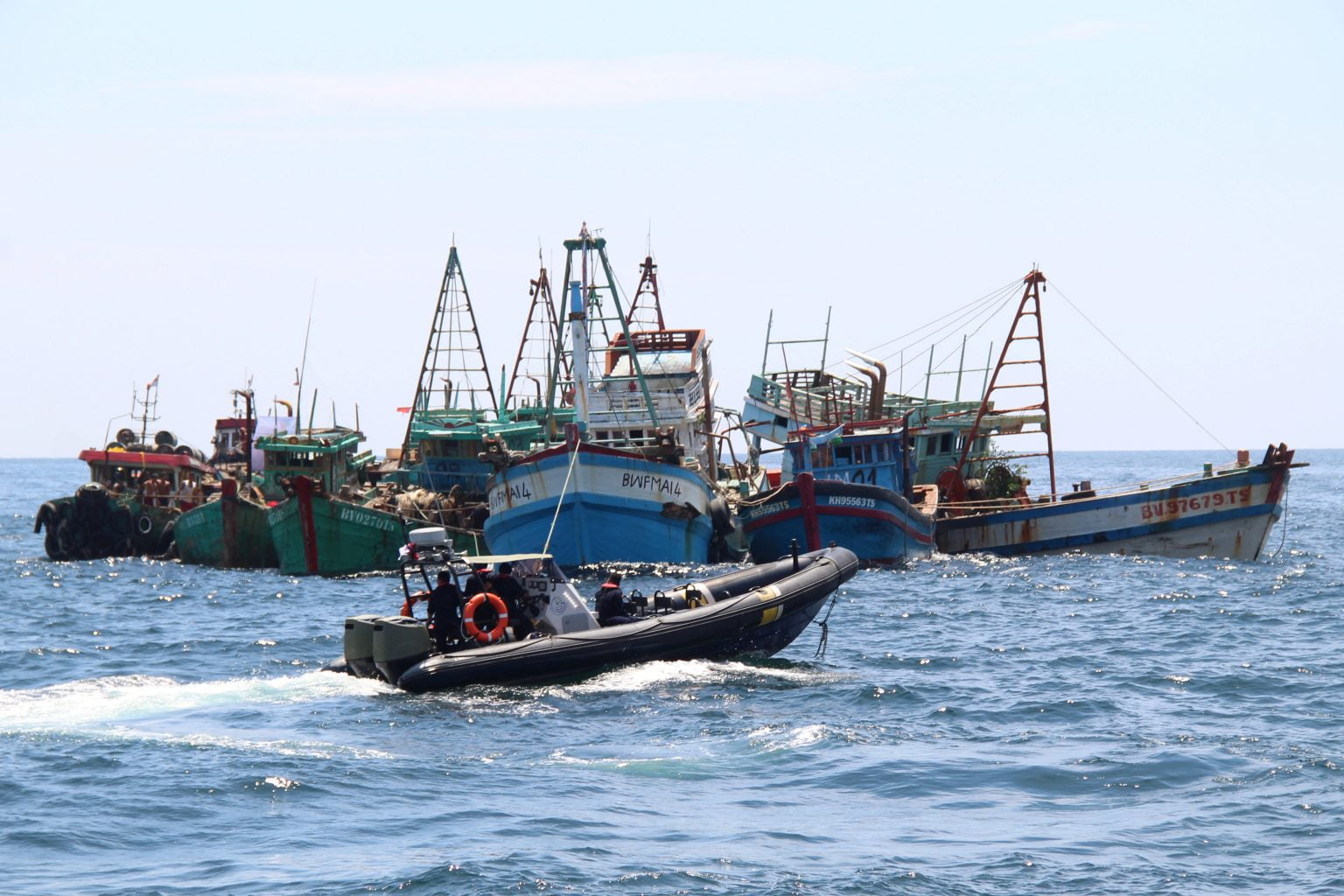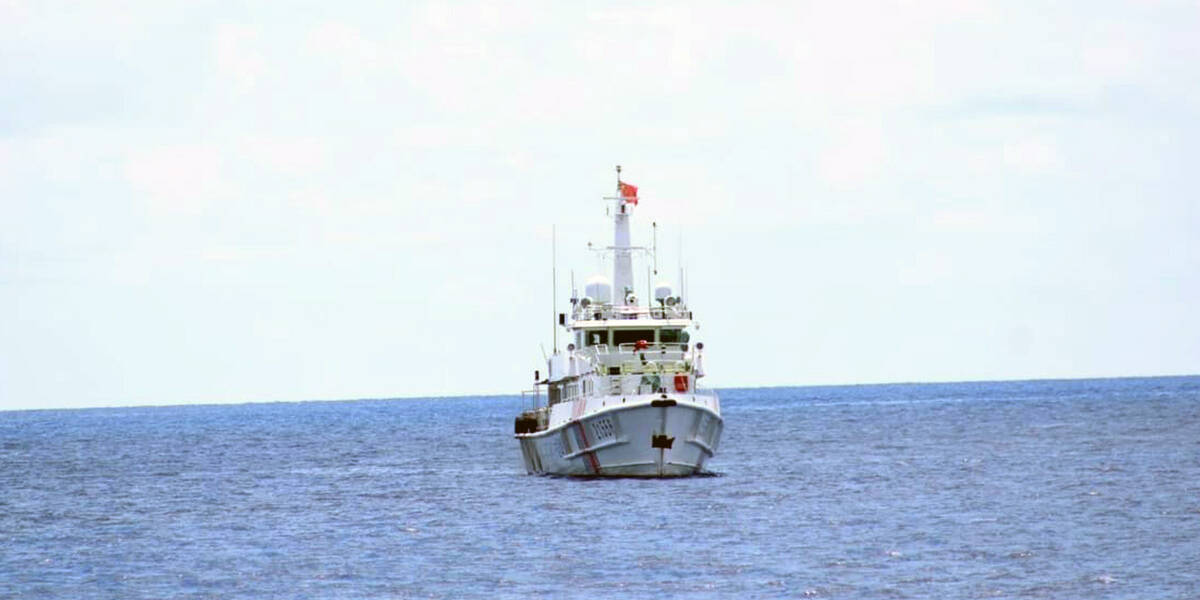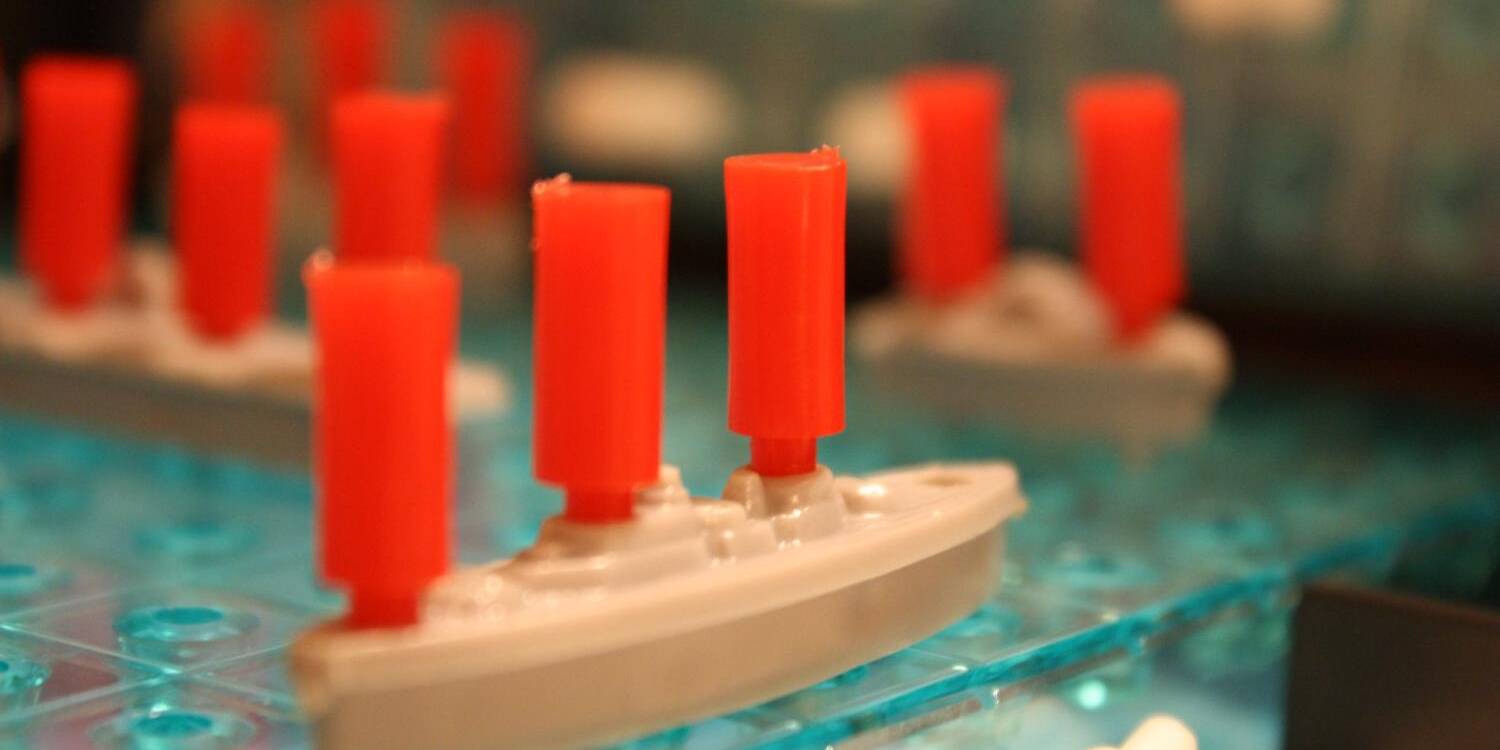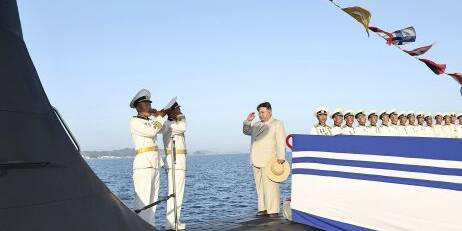Xuan Dung Phan, Tokyo International University, for East Asia Forum
Combating illegal, unreported and unregulated (IUU) fishing — an important issue for littoral Southeast Asian states — is low-hanging fruit for Australian middle power diplomacy. Increasing partnerships with regional countries to address IUU fishing will complement Australia’s maritime security initiatives that have traditionally focused on its alliance with the United States, while also elevating the country’s regional standing.

Southeast Asian countries pay close attention to fisheries management and conservation as large-scale illegal fishing, along with climate change, has led to depleting fish stocks in recent years. IUU fishing has also strained relationships among states in the region and has exacerbated existing offshore territorial and maritime disputes. Since 2016, ASEAN has attempted to tackle the issue by boosting multilateral cooperation. But some countriesare struggling to fulfil their obligations due to deficient monitoring, control and surveillance capacity.
As regional initiatives are yet to produce results, Malaysia and Indonesia have undertaken stern measures in response to encroachments by fishing boats from neighbouring countries. But stricter unilateral law enforcement alone is insufficient to solve IUU fishing regionally. While more proactive but unilateral law enforcement reduces the number of IUU fishing incidents, it can also displace these activities into other areas.
IUU fishing has always been a concern for Australia both domestically and internationally. Illegal fishing is not only associated with food insecurity but also other transnational crimes such as piracy, trafficking and smuggling. This illicit activity has significant implications for Australia’s security, as well as its regional commercial and diplomatic ties.
Scholars of international relations have always viewed Australia as a middle power, largely on the basis of four key characteristics in diplomatic practice: diplomatic activism, niche diplomacy, coalition building and good international citizenship.
Canberra has demonstrated its commitment to multilateral processes in fighting IUU fishing through its ratification of international instruments. These include signing the Agreement on Port State Measurements (PSMA) and membership in the Pacific Islands Forum Fisheries Agency (FFA) and the Regional Plan of Action (RPOA).
Australia has demonstrated its commitment to fisheries management through Operation Nasse, a multilateral maritime surveillance operation conducted with the United States, France and New Zealand in the South Pacific. The operation promotes cooperation on air and maritime surveillance, as well as coordination of aircraft and patrol boats to target vessels engaged in IUU fishing.
Australia also has bilateral arrangements with France, Timor-Leste, Indonesia and Papua New Guinea to strengthen fisheries surveillance and law enforcement. Canberra has worked with local authorities in Indonesia and Vietnam to conduct public information campaigns on the risks and negative impacts of IUU fishing.
Australia’s commitment to remain an important regional actor in the battle against IUU fishing is a clear demonstration of good international citizenship and niche diplomacy. Through its proactive leadership in fostering various institutions and arrangements, Canberra is also displaying diplomatic activism on a critical regional issue and its ability to build consensus and coalitions.
But Australia can do more to emphasise its middle power leadership and diplomacy in addressing IUU fishing in the region. Canberra can assist Southeast Asia in further strengthening multilateral cooperation and increasing regional states’ fisheries management capacity.
First, Australia must consult and build consensus with Southeast Asian states before launching any new initiatives, so as not to be seen as attempting to dominate the region. Reinforcing ASEAN centrality and highlighting shared interests are crucial for confidence building in a region that is often sceptical of the intentions of outside powers.
Former Australian prime minister Kevin Rudd’s ‘Asia Pacific Community’ proposal in 2008 was met with diplomatic resistance from some states in the region as Australia failed to engage with ASEAN first. But the RPOA, a joint Australia–Indonesia initiative which was endorsed by the ministers responsible for fisheries of 10 ASEAN countries, remains an effective regional institution.
Second, Australia should propose an RPOA voluntary intelligence sharing scheme for more efficient and effective monitoring of suspected ships. The Niue Treaty, which is administered by the FFA, could serve as a model as it provides a mechanism for Australia and other South Pacific states to coordinate on maritime law enforcement. A similar framework will help Southeast Asian port states deny access to IUU-flagged vessels.
Third, increasing exchanges among coast guard services, for both information flows and capacity building, will benefit the whole region. With the rapid growth of coast guard services in Southeast Asia, technical assistance and close coordination to protect fishery resources will be needed.
Since Australia is hosting the 16th annual Heads of Asian Coast Guard Agency Meeting, Canberra will have the opportunity to consolidate partnerships with coast guard agencies across Asia. Another noteworthy development is rising US–Southeast Asia coast guard cooperation, which is conducive for the expansion of Australia–US collaboration in helping littoral states clamp down on IUU fishing. Bridging capacity gaps in the region is an essential step towards the eradication of IUU fishing.
Equipping littoral states of Southeast Asia with the tools to protect their maritime domains and combat illicit activities will mean greater ability to fulfil regional and international obligations. A more pronounced middle power leadership and diplomacy to address IUU fishing in Southeast Asia can go a long way in reinforcing Canberra’s ties with ASEAN and its members, while also promoting a rules-based regional maritime order.
Xuan Dung Phan is a research student of international relations at Tokyo International University.
Link to the original article can be found here.
Related Analyses
September 15, 2024
West Philippine Sea: Several factors force BRP Teresa Magbanua to return – PCG
0 Comments1 Minute


